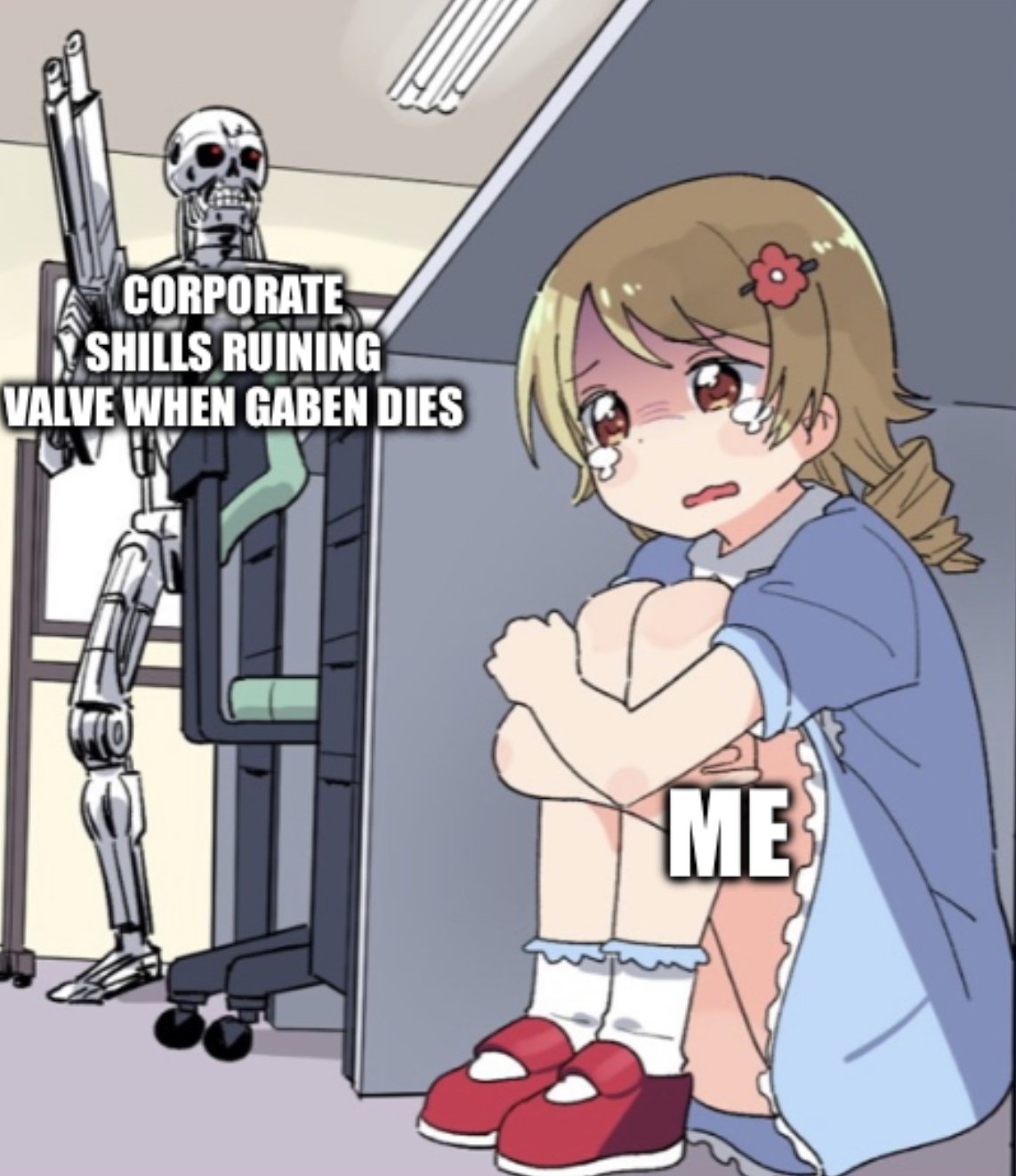this post was submitted on 04 Jan 2024
1250 points (97.5% liked)
Memes
47067 readers
1729 users here now
Rules:
- Be civil and nice.
- Try not to excessively repost, as a rule of thumb, wait at least 2 months to do it if you have to.
founded 5 years ago
MODERATORS
you are viewing a single comment's thread
view the rest of the comments
view the rest of the comments

You know, when I worked in retail, the store would obviously buy up stock from suppliers for a price and then sell it for profit. I don't know all the technical terms in English, but in order for the stores to actually make money at the end of the day we had a goal of reaching that exact amount of profit, 30% of the retail price. So how exactly is this different from retail stores? Sure, they don't have to actually buy up stock, but the game companies don't have to make physical copies either. It's not like the game companies would make 100% of the money if they sold them elsewhere.
they would get really close to 100% as selling themselves would only have the cost of running a website. But on the other hand steam makes it easy for people to actually discover indie games so if an indie studio sold their game only on their own website will lose on a lot of potential customers.
Retail stores are bad
Who cares lol, that argument is so fucking weak.
Amazon has an audiobook monopoly and takes 87% cut of audible sales unless the author agrees to exclusively sell through audible. If you agree to exclusively sell through audible, Amazon only takes 79% cut of the sale. Officially they claim to take 75% and 60% cuts (for non-exclusive and exclusive), but they actually pay out considerably less than they promise.
That's what a monopoly abusing it's power to steal from creators looks like. Valve's 30% is literally market standard, and is so much lower than they could get away with.
Sources on how much audible takes per sale: My source, Original source
A private equity firm with the monopoly that Steam currently has would slowly raise that percentage as much as they could
I have listened to a ton of game developer talks over the years. Some of the old indie devs that have given talks basically all welcomed steam because it meant that they didn't have to deal with all of the stuff that steam does themselves. Before people started buying games through steam, doing an acceptable level of DRM, distribution, payments, refunds, etc. was all hand-rolled, for each company.
You can still do that yourself. Why do people stick with steam with the supposedly onerous 30% cut? It's because steam provides a valuable service. Now the people that build games don't have to deal as much with the things that aren't building games.
In my opinion, a platform like Steam was bound to emerge at some point. Let's thank our fucking stars that the company that "won" is not beholden to any shareholder and is run by a gamer that understands what people who love video games needed.
If you think that the 30% cut is too high, there's nothing stopping you from building all the infrastructure yourself. And there are plenty of companies that have done so, like Epic and, until recently, Sony.
But I would say unless you are a team building AAA games and making millions and millions a year, where the savings you can realize outweigh the cost of rolling your own infrastructure, steam is kind of a good deal.
this is a very multi faceted issue. me for example would be happy if devs got a bigger cut, but god damn if valve keeps pumping out good and sustainable devices and systems like steam deck, I'll continue to buy everything from them. I'm mad at companies who reinforce microsofts trash OS and everyone who builds unrepairable/unrepurposable laptops and consoles.
Which is totally fair in the case of steam. They actually provide a valuable service in comparison to the app stores, both to users and publishers. You are free from publishing outside of steam.